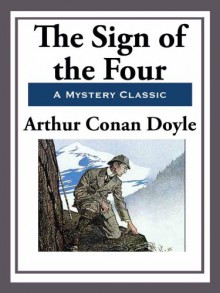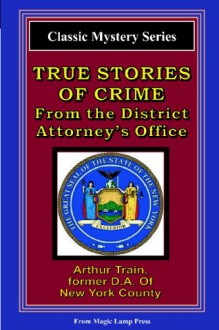
[I was doing some maintenance and decided to add some of my older reviews. I had to guess at a rating for this, since I read this during a period when I wasn't even privately rating books.]
At first, I enjoyed this book. I could barely follow all the long paragraphs about the connection between Rudolph and the Ruritanian royal family, and Rudolph himself was a bit too driftless for my taste, but I got excited when more hints of the “impostor” storyline I knew was coming began to turn up. When Rudolph and the King finally met, I settled down for an adventure I was sure was going to be fun.
The problem was, it wasn't as fun as I expected. Rudolph seemed to love rushing into battles, the dashing hero doing his part to avenge fallen comrades and save Ruritania and the King from Black Michael. Unfortunately, all I could think was, “Why is he risking his life? And is the risk even worth it?”
Rudolph is not a Ruritanian. He had barely even met the King before he was suddenly enlisted to become the impostor King. I suppose I could see why he might have initially agreed. At first, all he was really agreeing to was being the King at the coronation – it was a short-term thing, and probably not too difficult. After the King was kidnapped, though, continuing to be the impostor King meant he was risking his life for a country that wasn't really his and for a man he hardly even knew. I'm guessing this was supposed to be admirable, dashing, and heroic. I just thought it was a bit stupid, in large part because I couldn't see why anyone, much less a near stranger, would want to risk their life for this particular king.
If I remember right, several Ruritanians sang Duke Michael's praises and commented that, although they felt like they knew him, they had barely even seen the King. In temperament, the King seemed similar to Rudolph: lacking in ambition and a sense of responsibility, but completely willing to take advantage of the perks his position gives him. In the small portion of the book in which the King is free, healthy, and conscious, he is having fun and drinking. He doesn't seem to realize (or, if he does, care) that his people don't necessarily like him. Yes, I know that people don't have to like their monarchs, but if a monarch with a rival wishes to stay alive and in power for long, it would probably help to have popular opinion on his side.
Several of the King's men made comments along the lines of, “Rudolph, you would have made a better king” - so, even the King's own men would have preferred someone else. The only thing that saved him was that they, at least, did not feel that Michael was the better option. I couldn't really see how Rudolph made any better of a king than the real King, though – the only vaguely kingly skills he exhibited were his ability to make Princess Flavia fall in love with him and his ability to dash fearlessly into thrilling battles without being killed.
Overall, the characters were weak. Like I said, I didn't particularly like Rudolph or the King – I have a feeling that Hope intended for readers to root for them and be on their side, but I didn't think that either of them would make good kings, unless we're talking figureheads. Although Black Michael seemed to have popular support, I didn't find him to be a more sympathetic character, what with drugging and imprisoning his half-brother and coldly dumping his mistress for Princess Flavia. Princess Flavia might as well have been a piece of cardboard for all the personality she exhibited. The only character that intrigued me even a little was Madame de Mauban. Unfortunately, the book was written from Rudolph's perspective, and he had, at best, a somewhat condescending view of women, which meant that he explained away Madame de Mauban's behavior as an example of feminine irrationality.
It's a good thing I kind of disliked Rudolph and found Princess Flavia to be completely uninteresting, or I might have been angrier about how things ended.
I'm guessing that Hope meant to show how noble Flavia and Rudolph were, and how concerned they were with doing their duty (meaning that Rudolph has supposedly grown a bit since the beginning of the book?). While the ending Hope chose was probably more realistic than if Flavia had run away with Rudolph, I thought the execution of that ending was gag-worthy. Rudolph and Flavia had known each other for three months. In that time, Rudolph supposedly came to love Flavia so much that he, a 29-year-old male who previously seemed to enjoy chasing after women, decided to live out the rest of his life clutching his chaste, tragic love to his breast. Flavia of course had to do her duty and marry the King of Ruritania – so, what, for the rest of her life she'll only coldly tolerate the King because he's not Rudolph? Sounds like fun.
(spoiler show)
Overall, I wasn't a huge fan of this book. I enjoyed some of the action-filled parts as I was reading them, but the more I think about the book now that I've finished it, the less I like it. I have downloaded the sequel, Rupert of Hentzau, but I don't know when I'll get around to reading it. I can only hope that Hope has Rupert really work the whole mustache-twirling dashing villain thing, because then I might have more fun. Part of me hopes that Madame de Mauban will show up in the sequel (supposedly, Rupert loves her), but I have a feeling she'd be better in my mind than Hope could ever have written her.
(Original review, with read-alikes and watch-alikes, posted on A Library Girl's Familiar Diversions.)


 Log in with Facebook
Log in with Facebook 









